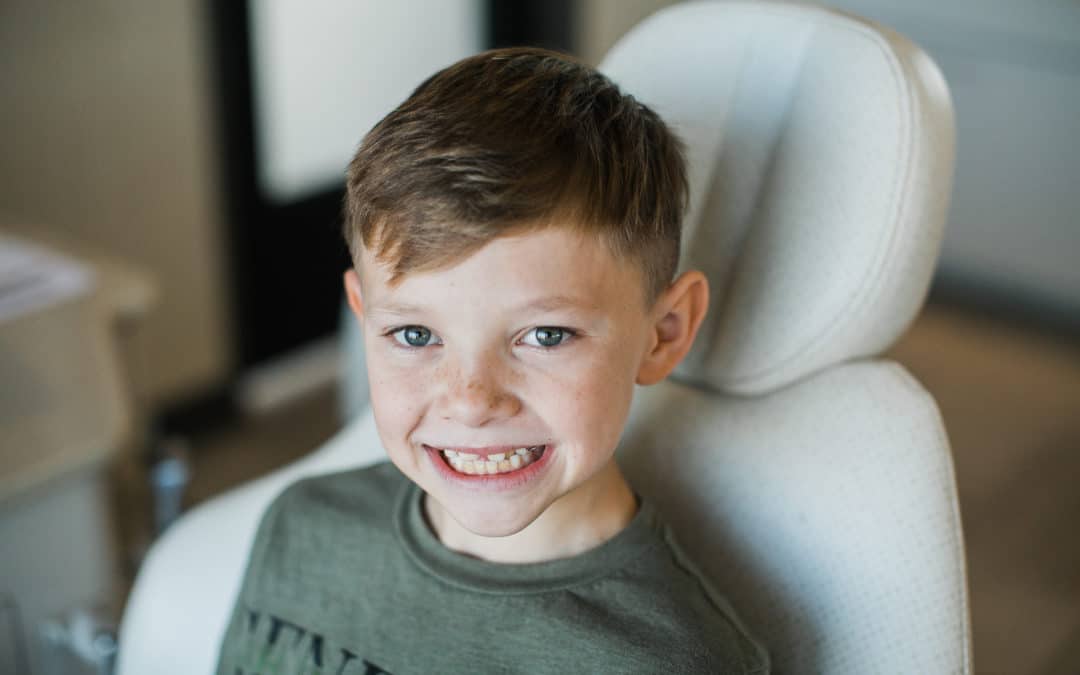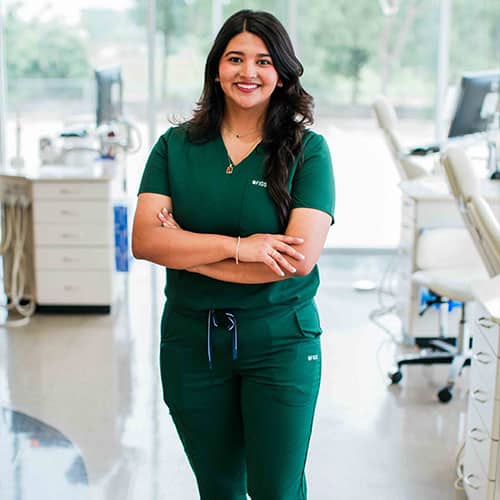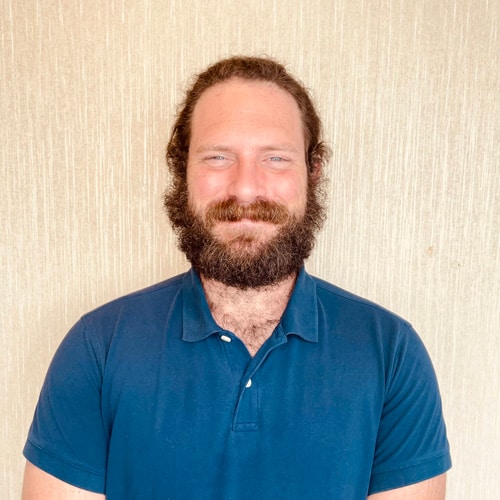The most important part of early growth, preventive orthodontic treatment is understanding why Phase 1 treatment is so beneficial in certain kids.
It is important to note that not all kids are candidates for this method of treatment. Which makes it critical for an orthodontist specialist to perform an evaluation around the age of 7 to properly diagnose each case. Some issues are very easy to identify, such as severe crowding, flaring, or underbites. Then there are the more difficult cases that involve breathing problems, missing or extra teeth, and permanent teeth growing in the wrong way. For these reasons it is very important to identify these problems early on before more significant problems develop down the line.
Taking a proactive approach to monitoring the child’s growth and development is highly beneficial in comparison to having to perform a reactive treatment later. The underlying goals for all Phase 1 treatment are as follows:
- Reduce the severity of full treatment at a later age.
- Reduce the need for extractions.
- Improve breathing.
- Prevent irreversible damage to the permanent teeth and support tissues.
Some of the most common types of Phase 1 treatments are correction of crossbites caused by a narrow upper jaw, correction of underbites, and severe protrusion of the upper front teeth that have a high risk of potential trauma. There can also be a need for the removal of harmful habits such as thumb or tongue thrusts, and space creation where there is significant crowding or tipping from the loss of primary teeth. Our methods for correction include braces, expanders, and sometimes even clear aligners where applicable.
Most Phase 1 treatments can be corrected in about 12 months. Once completed, retainers are used to hold the corrections while waiting for the rest of the teeth to develop. During this time the orthodontist is able to monitor growth and eruption.
Does Phase 1 treatment sound like the right option for you and your family? Take the first step by scheduling a complimentary consultation with your Sing orthodontic specialist.



